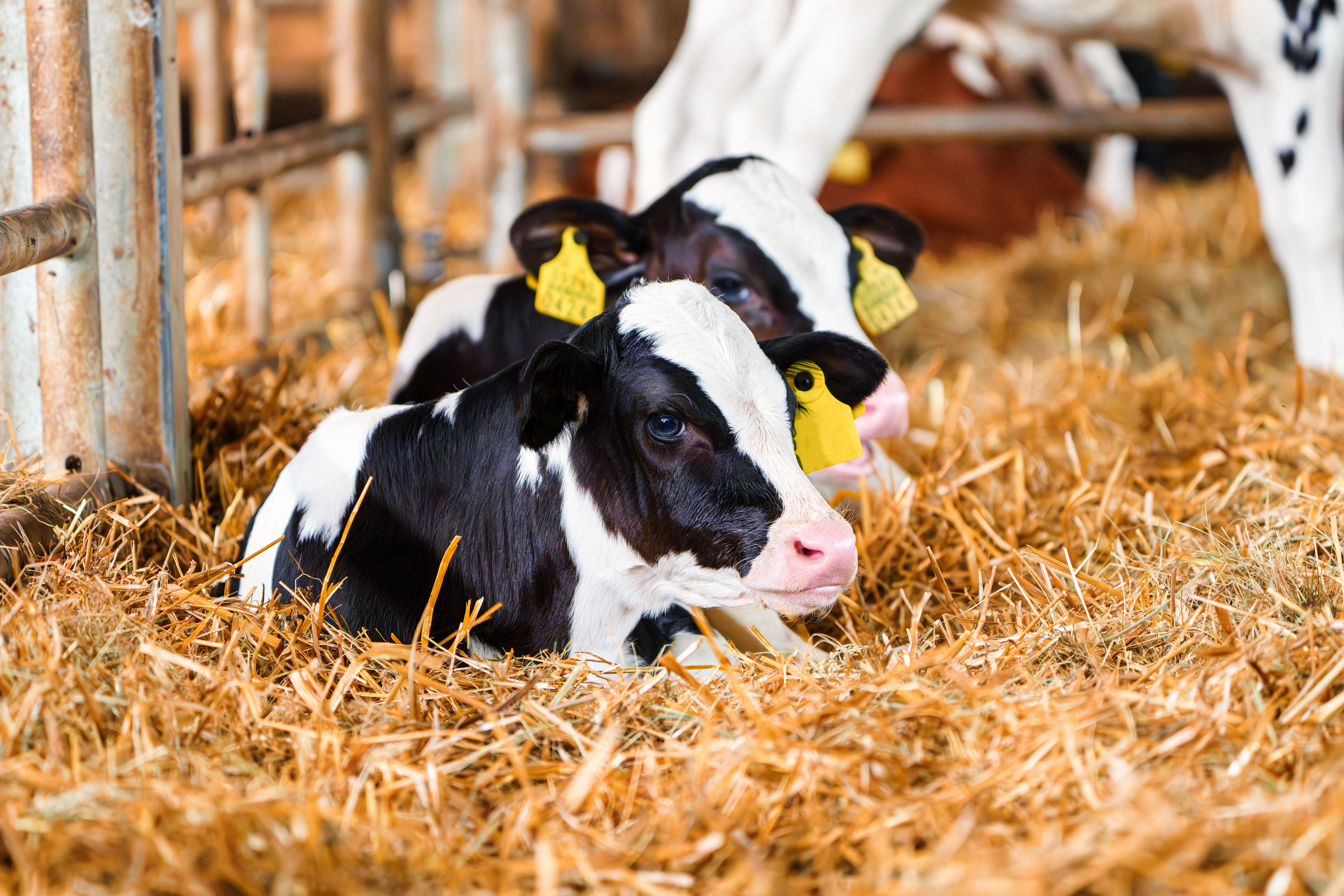Successfully Combating Heat Stress in Poultry
Outdoor temperatures in summer can easily reach a high of more than 35°C (95°F) and lead to over-heated enclosures. For poultry, this causes heat stress. Chickens have no sweat glands and can only discharge body heat through the respiratory tract. Heat stress in dry heat or high-humidity weather conditions has a negative impact on development and resistance, as well as on the short and long-term well-being, productivity and health of poultry. Broilers grow slower under heat stress. Egg production and quality declines among layers and morbidity/mortality rates increase. In addition to acute physiological reactions, long-term effects include a weakened immune system or changes in hormone balance. The stress hormones Adrenaline and cortisol are released during the acute stress situation and lead to an increase in heart rate, muscle activity and blood glucose levels. In other words, heat stress reduces physical energy and the potential needed for other healthy processes.
Optimal coop management with fresh air and water
One of the key factors for optimal management during the hot-weather season is providing the right stable climate with plenty of fresh, cool air. Suitable arrangements should be made early on – before the coop becomes overheated. Sufficient ventilation and air circulation capacity throughout the building in proportion to the number of animals kept inside ensures that temperatures can be regulated. It may be necessary to install additional fans during the hot season or to use a system for cooling intake air through humidification. The perceived temperature increases at high humidity. This makes it important to establish a good balance between humidity and air temperature. It is advisable to feed the animals during the cooler hours of the day to maximize feed intake. Adapting the lighting schedule can also be helpful.
The availability of hygienically pure, cool water is essential. All species of poultry excrete large amounts of water under hot conditions. This flushes electrolytes out of the body and can lead to potentially dangerous dehydration. Watering devices must therefore be in proper working order at all times.
Reducing or eliminating heat stress through drinking water
Supporting feed additives like those contained in Biochem's Stress Pack® SL can be administered on a short or medium-term basis via the drinking water. Stress Pack® SL contains a combination of betaine, magnesium, tryptophan and vitamin C. Along with an antioxidant and calming effect, it stimulates the immune system and promotes balanced hydration. Studies have shown that the combination of active ingredients is highly effective in reducing stress symptoms and mortality rates. Significantly lower corticosterone levels were also detected, suggesting a reduction in stress levels. This provides support for animals in stress phases and significantly lessens negative effects. It makes good sense to include Stress Pack® SL in drinking water management before the hot weather begins.











